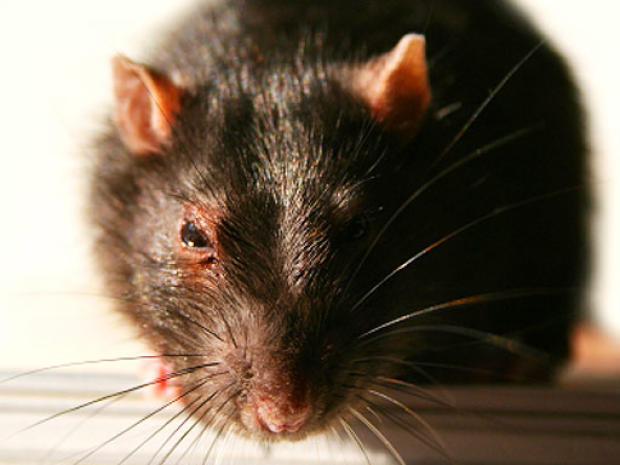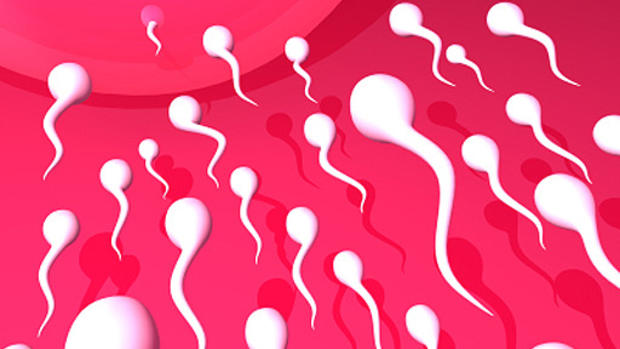Scientists grow mouse sperm in laboratory: Can it help humans?
(CBS) Scientists say they've successfully grown sperm on a laboratory Petri dish.
PICTURES: Sperm: 15 crazy things you should know
Using germ cells ( the type of cells that reproduce) from mice, a team of scientists from Muenster University in Germany grew sperm by using the jelly in a Petri dish to create an environment similar to the one found in testicles. A closer look confirmed the sperm was healthy, and structurally the same as normal mouse sperm.
Another team of Israeli researchers at Ben-Gurion University replicated the results in their own lab. Both teams' findings are published in the current issue of the Asian Journal of Andrology.
What does this mouse sperm study mean for people?
Study co-author Professor Mahmoud Huleihel, a researcher at Ben-Gurion University, said in a written statement that lab-grown sperm could potentially help infertile men who can't produce sperm, possibly because of cancer or another reason. Much research has been devoted to infertility treatments in women but the scientists are hopeful this study could pave the way for more treatments for infertile men. Rather than having to use donor sperm, with this technique, scientists could conceivably use a man's cells with some testicular tissue to make sperm.
"Infertile men naturally want to be the father of their child but at present have to accept that can't happen," Stephen Gordon, a male infertility consultant for the U.K.'s National Health Service, told The Telegraph. "With the mouse discovery, that could now be a possibility. There will be a lot of infertile men hoping this research succeeds."
The next step for this new wave of research? To try the technique with human germ cells to create human sperm.
"It has taken us several years to reach this stage so a technique to create human sperm won't come overnight," Huleihel told the Telegraph. "But we have started that research already after our success with mice."

